Adopting a cat can be one of life’s most rewarding decisions. These independent yet affectionate companions can enrich our lives with their playful antics and soothing purrs. However, cat ownership comes with responsibilities that are crucial for the well-being of our feline friends. Many first-time and even seasoned cat owners inadvertently make mistakes that can affect their pets significantly. This article will explore ten common mistakes cat owners make and provide practical tips on how to avoid them, ensuring a happier and healthier life for both you and your cat.
1. Neglecting Regular Veterinary Visits

It’s easy to assume that cats, being relatively independent, don’t need frequent visits to the vet. However, skipping regular veterinary check-ups can lead to undiagnosed health issues. Cats are masters at hiding their discomfort, so regular exams are essential for early detection of diseases. Preventive care, including vaccinations and dental check-ups, is vital for maintaining your cat’s health. Set reminders for annual or bi-annual vet visits to keep track of your cat’s health.
2. Overfeeding and Poor Diet

Obesity is a common issue in cats and often results from overfeeding and improper diet. Many owners unknowingly contribute by leaving food out all day or providing too many treats. Consult with your veterinarian to determine the right amount and type of food for your cat. Avoid free-feeding and opt for scheduled feeding times with measured portions to maintain a healthy weight for your feline friend.
3. Ignoring Dental Health

Dental health is frequently overlooked by cat owners, yet it plays a crucial role in the overall well-being of your pet. Plaque buildup can lead to painful periodontal disease, which can affect your cat’s eating habits. Regular dental check-ups and implementing a home dental care routine, including brushing your cat’s teeth and offering dental treats, can help maintain their oral health.
4. Inadequate Litter Box Maintenance
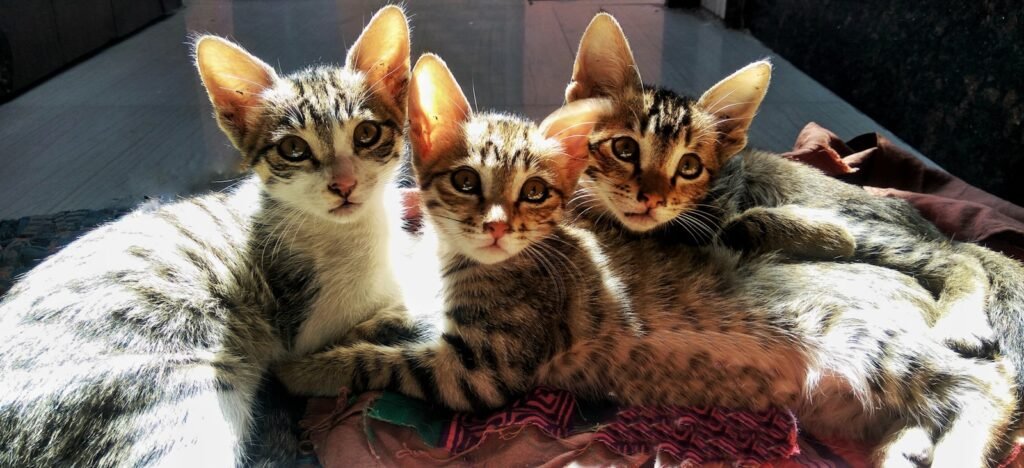
Cats are notoriously clean creatures, and an unkempt litter box can lead to behavioral issues, such as inappropriate elimination. Ensuring that the litter box is cleaned daily and is placed in a quiet, accessible location can prevent stress for your cat. Providing one more litter box than the number of cats in the household is also recommended to avoid territorial disputes.
5. Lack of Environmental Enrichment
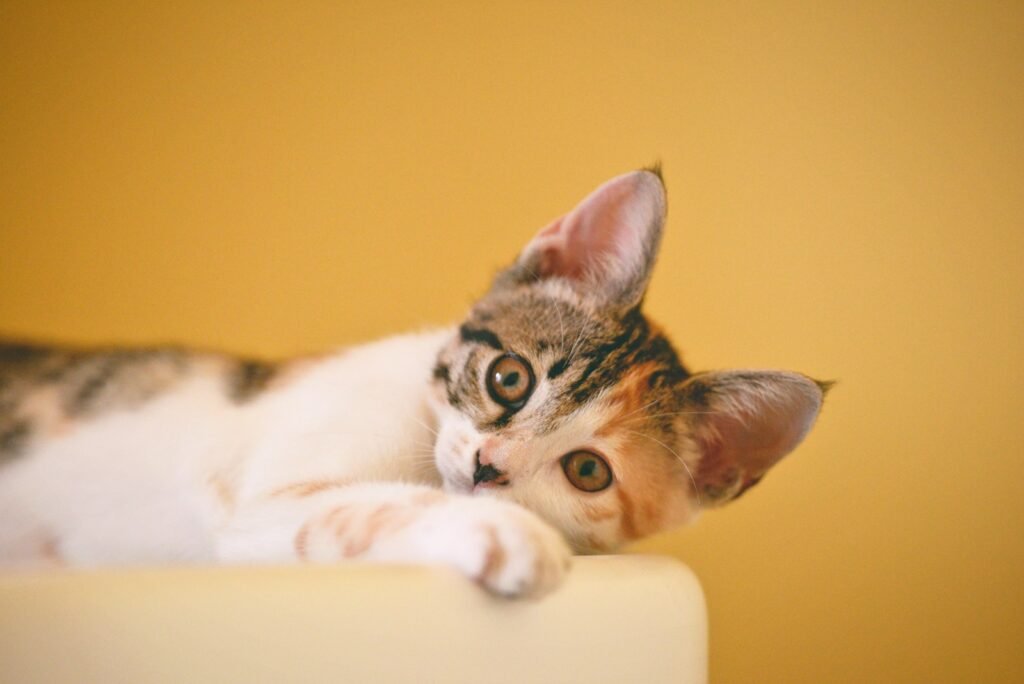
Cats require mental stimulation to prevent boredom and stress. Neglecting to provide a stimulating environment can lead to destructive behaviors and anxiety. Ensure a variety of toys, scratching posts, and climbing spaces are available to keep your cat physically and mentally engaged. Regular playtimes also offer a great opportunity for bonding.
6. Skipping Grooming Responsibilities
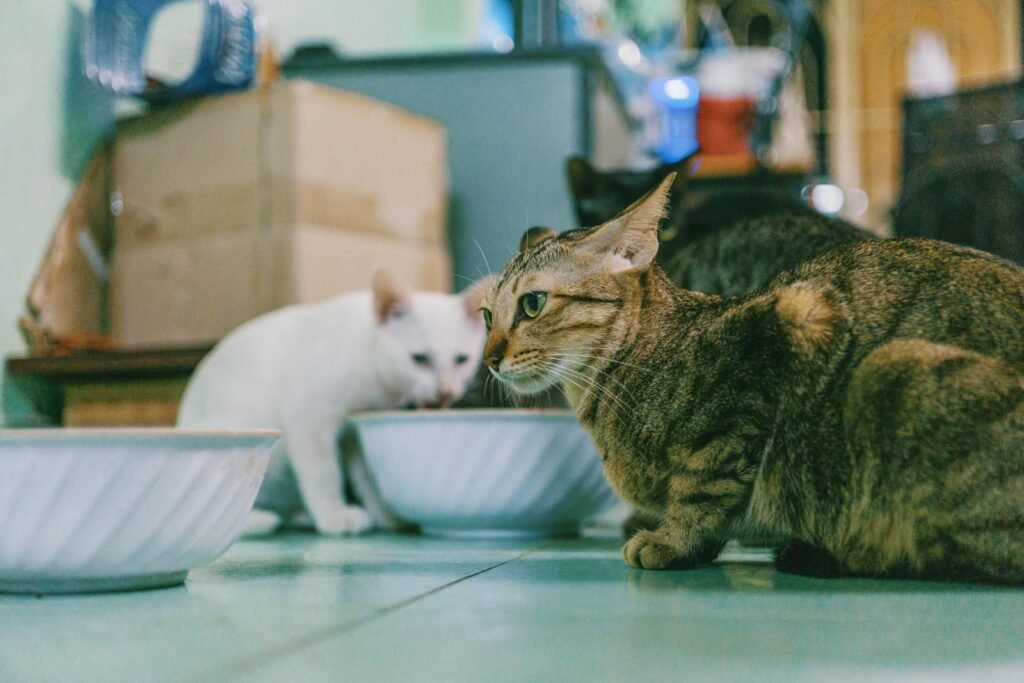
Even though cats are adept at grooming themselves, they still require assistance. Regular brushing can reduce hairballs, prevent matting, and decrease shedding. The frequency of grooming depends on your cat’s breed and coat type. Additionally, grooming sessions can strengthen the bond between you and your cat.
7. Misunderstanding Feline Communication
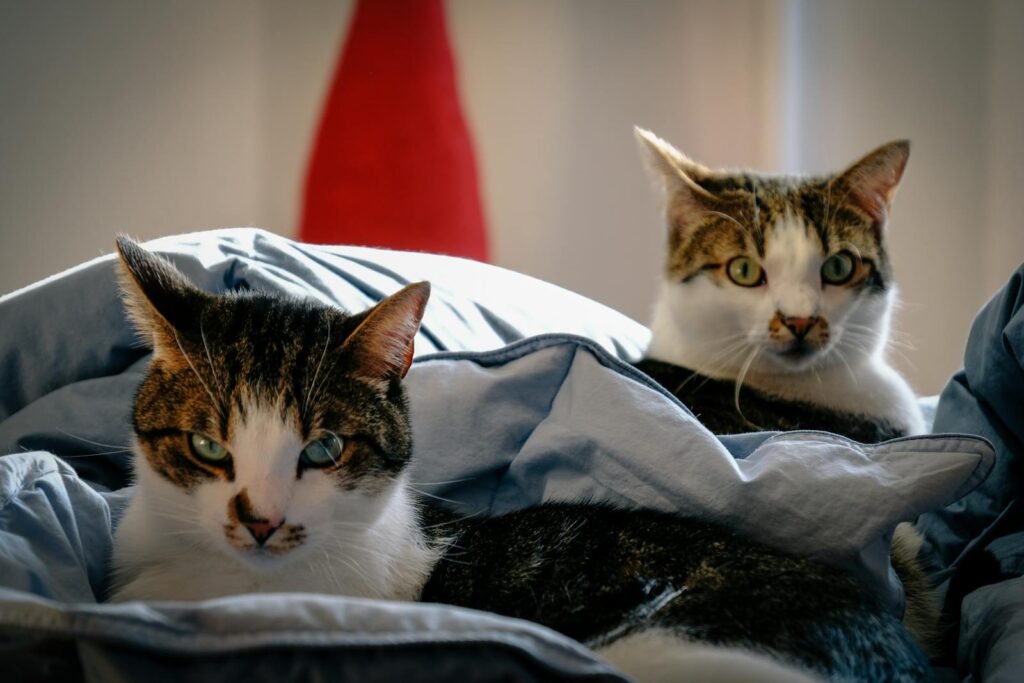
Misinterpreting a cat’s body language and vocalizations is a common mistake. Understanding the basics of feline communication, such as the meaning of different tail movements, ear positions, and meowing sounds, can help you respond appropriately to their needs and strengthen your relationship.
8. Not Neutering or Spaying

Spaying or neutering your cat not only helps control the pet population but also reduces the risk of certain health issues, such as uterine infections and testicular cancer. It can also prevent behavioral problems associated with mating instincts, such as spraying and aggression. Consult with your vet about the best time to schedule this procedure for your cat.
9. Allowing Outdoor Exploration Without Precaution
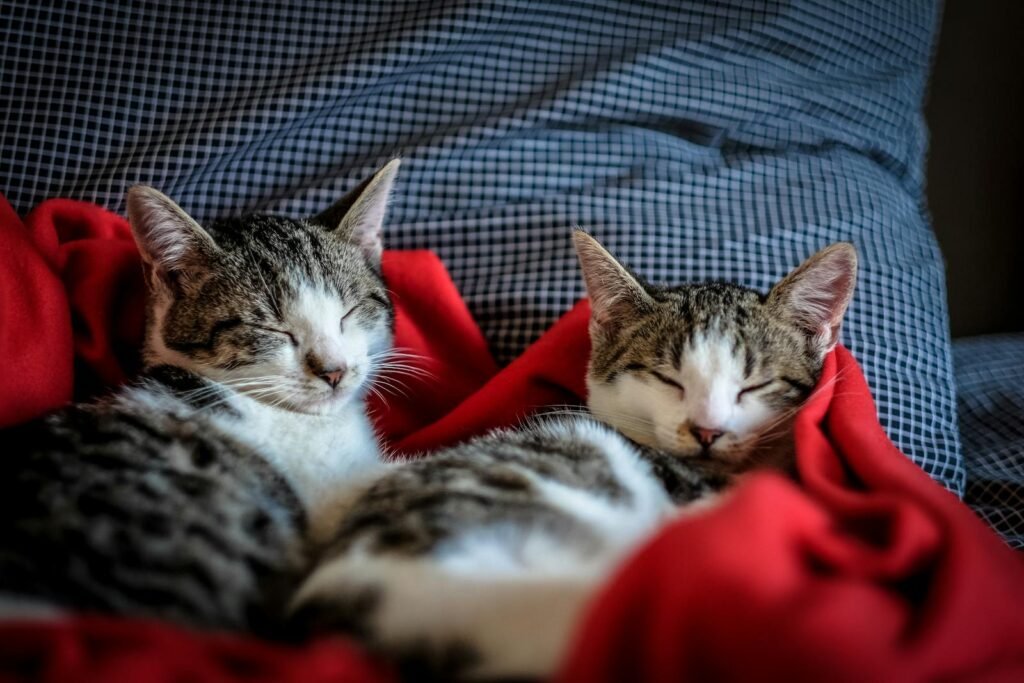
While letting cats roam freely outdoors might seem natural, it exposes them to various dangers, such as traffic, predators, and diseases. If you choose to allow outdoor time, consider securing a safe outdoor cat enclosure or providing supervised leash walks to keep your cat protected.
10. Overlooking Behavioral Changes
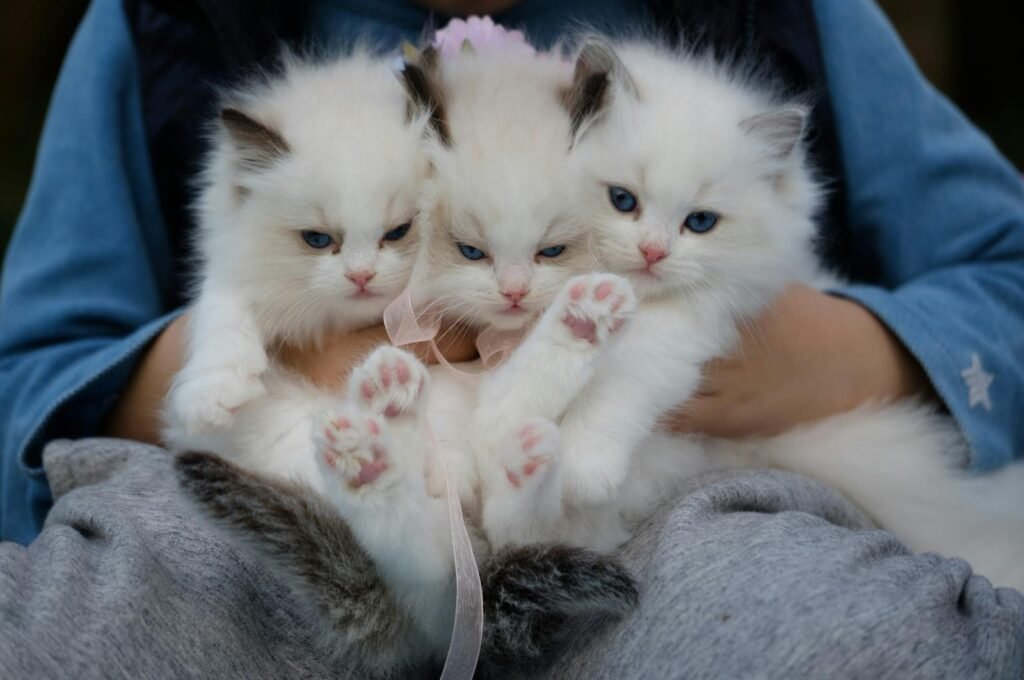
Changes in behavior, such as aggression, withdrawal, or changes in eating and litter box habits, can be indicators of underlying health issues or stress. Pay close attention to your cat’s behavior and consult with a veterinarian to address any concerns promptly. Early intervention can prevent these issues from escalating into more serious problems.
In conclusion, cat ownership is a journey filled with learning and love. By avoiding these common mistakes, you can ensure your feline friend enjoys a happy, healthy, and fulfilling life. Understanding your cat’s needs and providing a nurturing environment will not only improve their quality of life but also enhance the bond you share with your pet.

Suhail Ahmed is a passionate digital professional and nature enthusiast with over 8 years of experience in content strategy, SEO, web development, and digital operations. Alongside his freelance journey, Suhail actively contributes to nature and wildlife platforms like Feline Fam, where he channels his curiosity for the Feline into engaging, educational storytelling.
With a strong background in managing digital ecosystems — from ecommerce stores and WordPress websites to social media and automation — Suhail merges technical precision with creative insight. His content reflects a rare balance: SEO-friendly yet deeply human, data-informed yet emotionally resonant.
Driven by a love for discovery and storytelling, Suhail believes in using digital platforms to amplify causes that matter — especially those protecting Earth’s biodiversity and inspiring sustainable living. Whether he’s managing online projects or crafting wildlife content, his goal remains the same: to inform, inspire, and leave a positive digital footprint.






